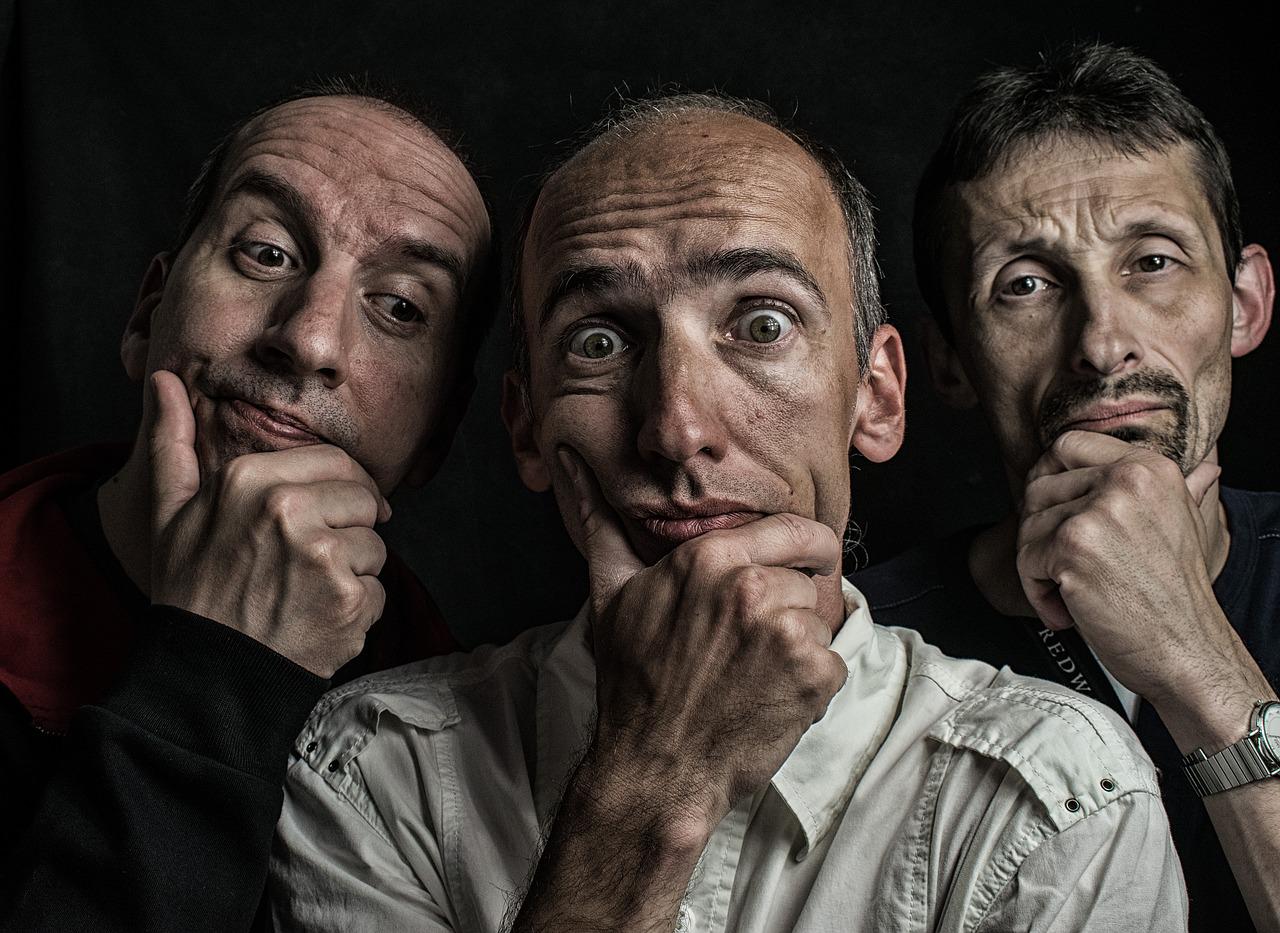
Three Things That Would Have Improved Our House Moving Experience
July 23, 2022
How insights transform operational decisions ensuring the success of the four-day week
August 2, 2022Creating a metaverse experience that helps veterans suffering from PTSD – Interview with Robert Bell of 2B3D
Today’s interview is with Robert Bell, Founder and CEO of 2B3D, who with their partners are developing a first-of-its-kind metaverse/NFT/gaming platform where military veterans can access live PTSD therapy. Now, I’ve been reading quite a bit about the metaverse lately and how it’s going to be the next big thing. But, on the back of some horror stories around lack of safeguards and controls and a bunch of other things, I’ve also been wondering about how it’s going to integrate with and impact our real and day to day lives in a meaningful way. So, I was excited to hear about what Robert and his team are doing. On the back of that, I invited Robert to join me today to tell me about both the technology and therapeutic sides of their mission, the size and nature of the problem they are addressing, the veteran experience and the other groups that may benefit from this sort of therapeutic resource.
This interview follows on from my recent interview – 42% of workers feel that digital transformation efforts have made their job more complex – Interview with Don Schuerman of Pega – and is number 434 in the series of interviews with authors and business leaders that are doing great things, providing valuable insights, helping businesses innovate and delivering great service and experience to both their customers and their employees.
Here’s the highlights of my chat with Robert:
- VRx is a metaverse application designed to help heal veterans suffering from PTSD using games and VR technology coupled with actual real life cognitive tests.
- Andrew Bjarnsen, one of 2B3Ds founders, is a successful entrepreneur, game designer and former combat medic and suffers from PTSD.
- The V. A. (Veterans Affairs) in the USA has too many people for too little staff and they need help.
- Andrew’s theory …..if we could build a hospital where I could just put on a VR headset and I could talk to a therapist right then and there and that would prevent a PTSD spiral then that would help prevent a large number of the veteran suicides that happen every year.
- 31,000 veterans that have killed themselves since 9/11 and it’s assumed that most had PTSD.
- If you could get to someone that’s planning on killing themselves within the 1st 15 minutes, you have a 90% success rate of talking them down.
- We partnered up with the nonprofit called Forge Forward Project, they have one mission to end veteran suicide and they want to use VR technology to do it.
- My best friend has had three medics that have lost their lives to suicide in the last two months.
- The project is not just about putting on a headset and then you are talking to a therapist. There’s lots of different aspects to it. There is the NFT Art house, there’s the gaming sector and there will be a VR room where we’ll have 50 veteran volunteers amongst other things.
- 25 years of Naval Academy research shows that VR affects the brain differently than other real life tests or therapy.
- A 14% reduction in symptoms is pretty standard for getting therapy or whatever it is that you can do to get help for PTSD. However, the use of VR technology has been getting numbers like 65% reduction of symptoms and some of their patients don’t show symptoms anymore.
- Arthur C Clarke quote “Any sufficiently advanced technology is indistinguishable from magic.”
- VRx is based around a shooter game. That may sound strange for people suffering from PTSD but it’s all about making the application fun and engaging.
- It’s important to point out, however, that nobody has to play the shooter game and there are soothing environments and other options.
- Make it fun.
- For example, you can be playing a game in there and be enjoy playing it and then something goes wrong. You can then just click over and be in a room instantly before the spiral starts intensifying and there’s somebody there with you that you can talk to.
- Entertainment brings you back.
- This is like therapy at scale for many people that don’t have access to it.
- VRx is incorporating NFTs.
- BioCorRx, a publicly traded company, has developed treatment programs and modules that do cognitive therapy. 2B3D are taking these turning them into NFTs.
- Helping veterans is only the start of this project. There are so many similar applications in adjacent areas, particularly in the mental health space.
- This is a great example of how the application of VR and metaverse technology can have a positive impact on someone’s life in a very meaningful way.
- Robert’s Punk CX word(s): Rock it!
- Robert’s Punk XL brand: Charles Hoskinson and Cardano
About Robert
 Robert Bell is the CEO of 2B3D, which was founded in 2020 by investor and philanthropist Robert Bell as an all-in-one gaming studio, nonfungible token mint, auction house, and storage system. Bell’s mission is to push the bounds of virtual, augmented and mixed reality technologies as a way to help military veterans suffering from post-traumatic stress disorder. Bell’s dedication to ushering in never-before-seen breakthroughs in peace and healing for veterans is fueled by 2B3D’s proprietary play-to-earn games, utility NFTs, and exclusive in-game cryptocurrency within a wider decentralized metaverse. Bell is also the founder and CEO of Bell Medical solutions.
Robert Bell is the CEO of 2B3D, which was founded in 2020 by investor and philanthropist Robert Bell as an all-in-one gaming studio, nonfungible token mint, auction house, and storage system. Bell’s mission is to push the bounds of virtual, augmented and mixed reality technologies as a way to help military veterans suffering from post-traumatic stress disorder. Bell’s dedication to ushering in never-before-seen breakthroughs in peace and healing for veterans is fueled by 2B3D’s proprietary play-to-earn games, utility NFTs, and exclusive in-game cryptocurrency within a wider decentralized metaverse. Bell is also the founder and CEO of Bell Medical solutions.
Find out more at 2B3D.com, say Hi on Twitter and Instagram (@2B3DInc, @2b3d_inc and @iamroberttmbell), ask to join their Discord community and, finally, feel free to connect with Robert on LinkedIn here.
Image by Rodger Shija from Pixabay




